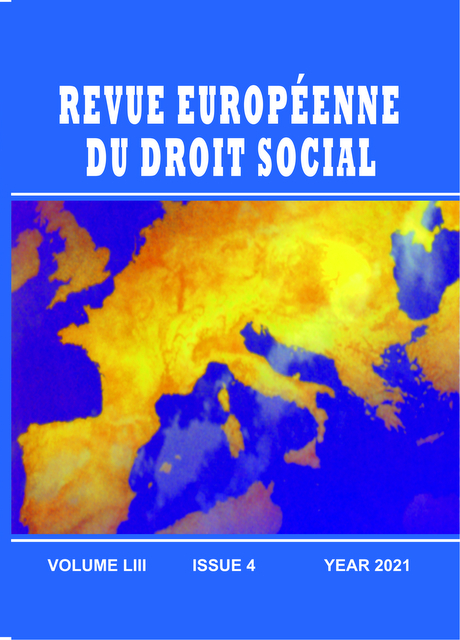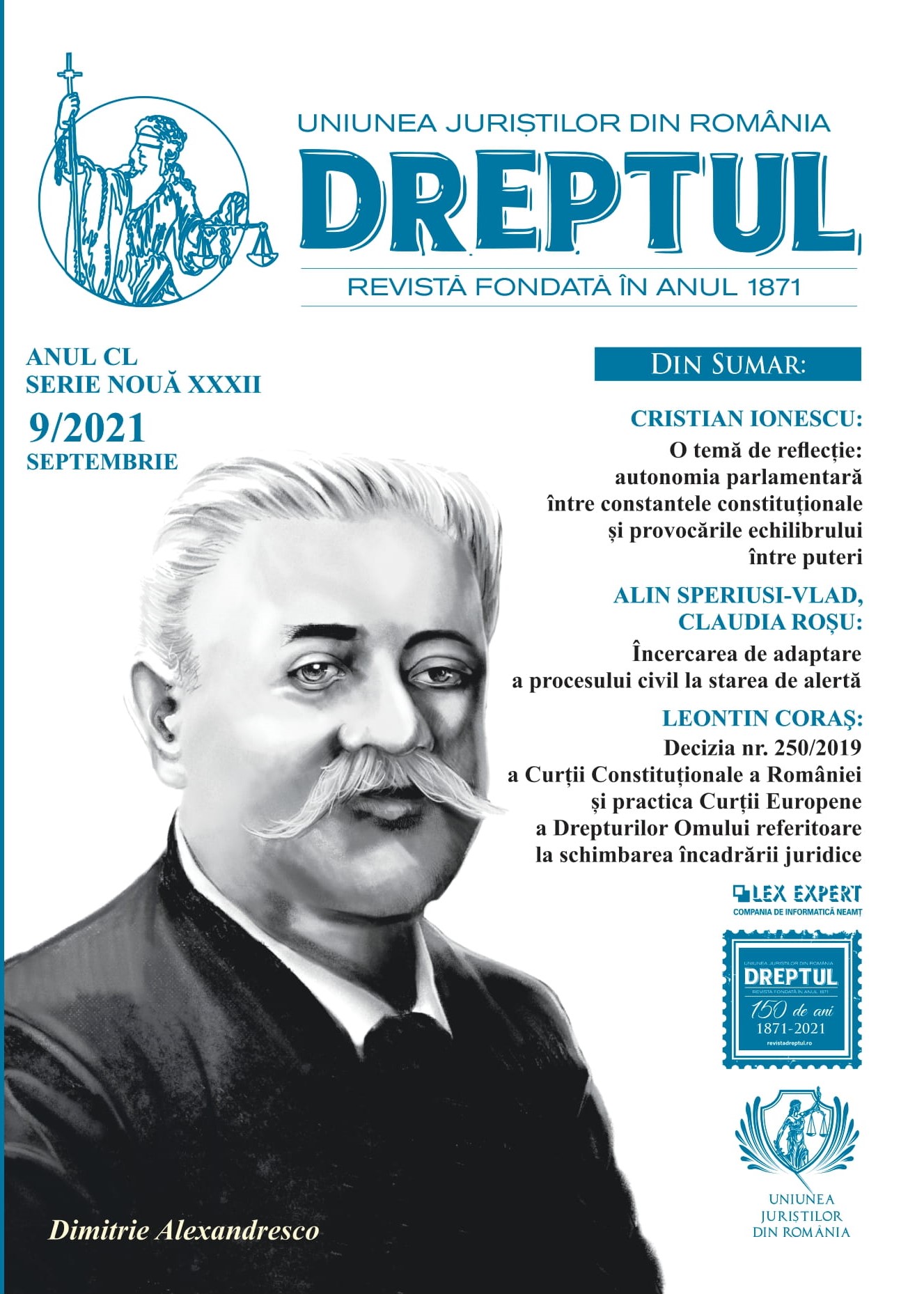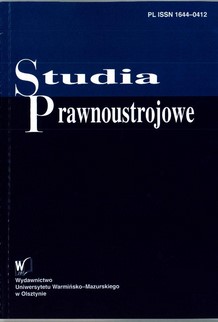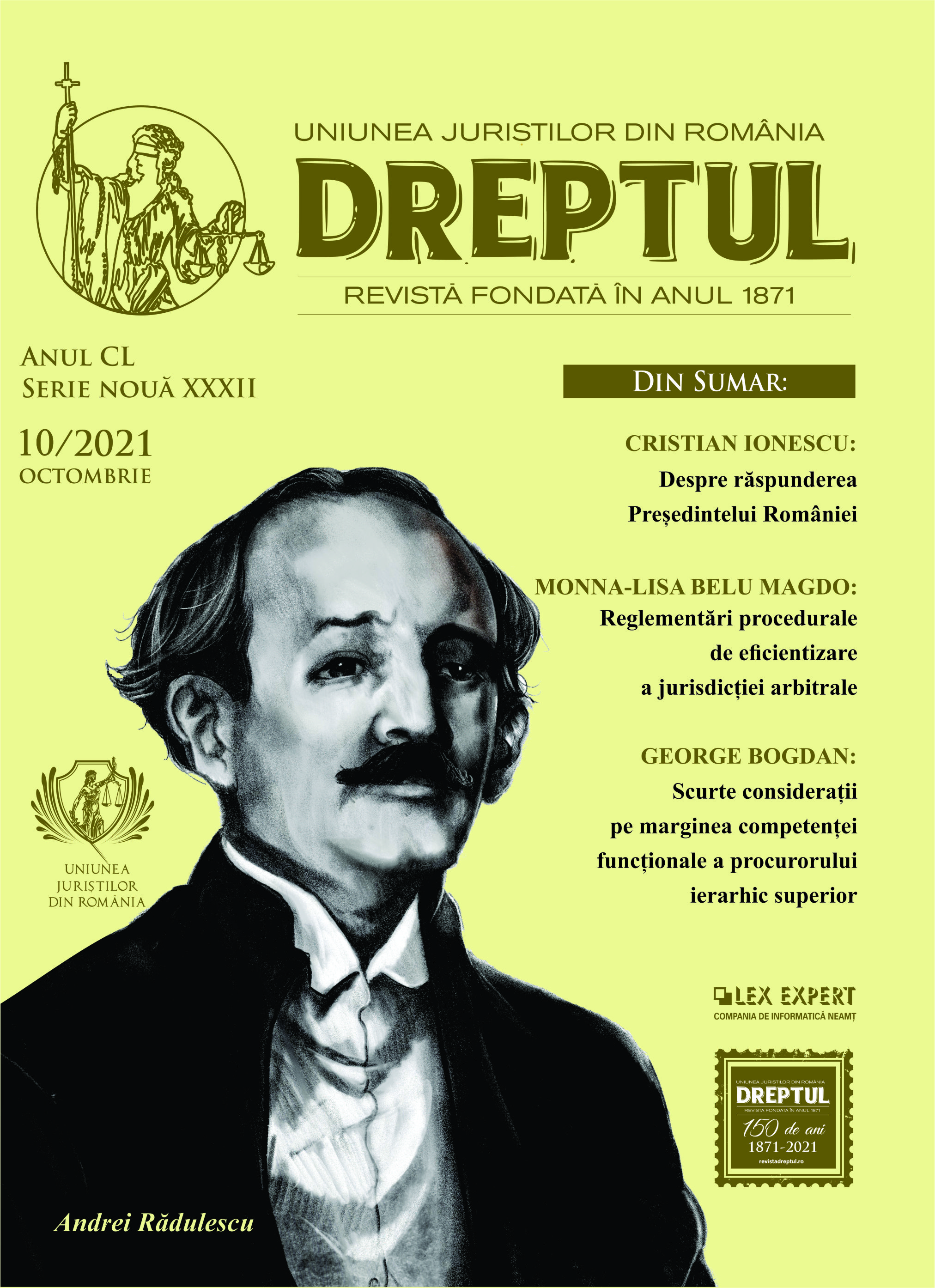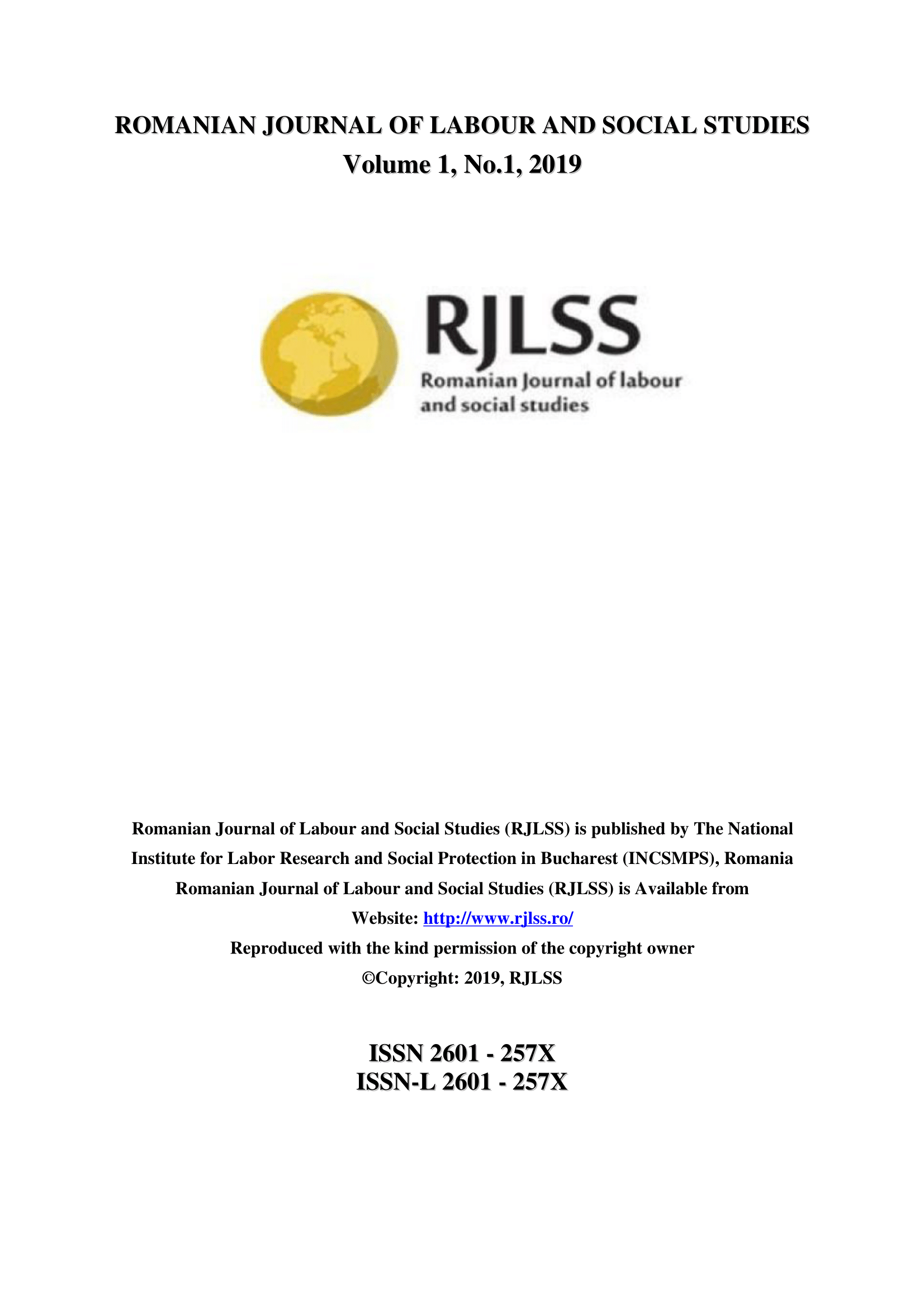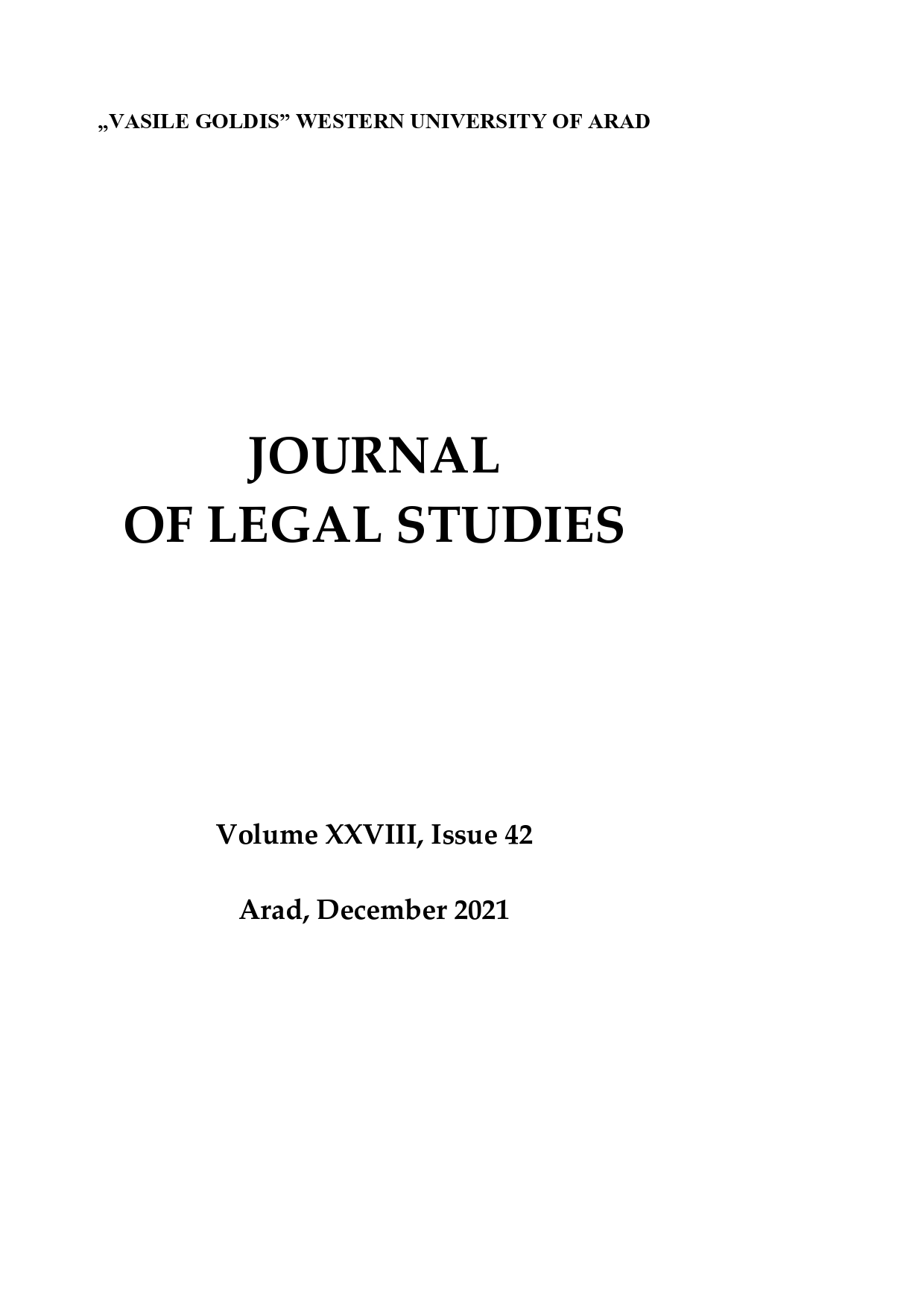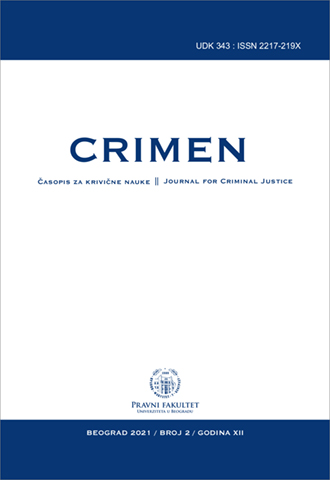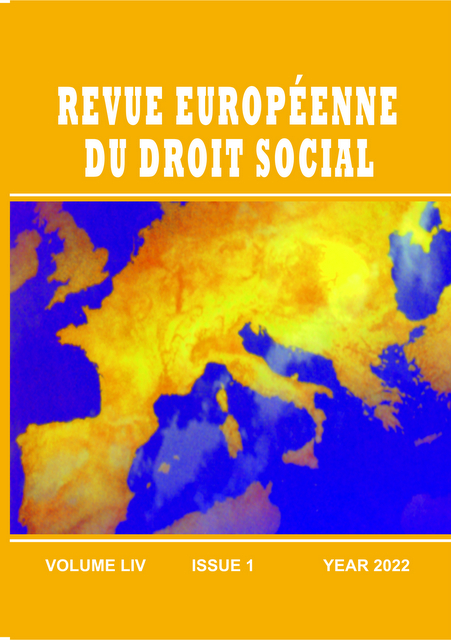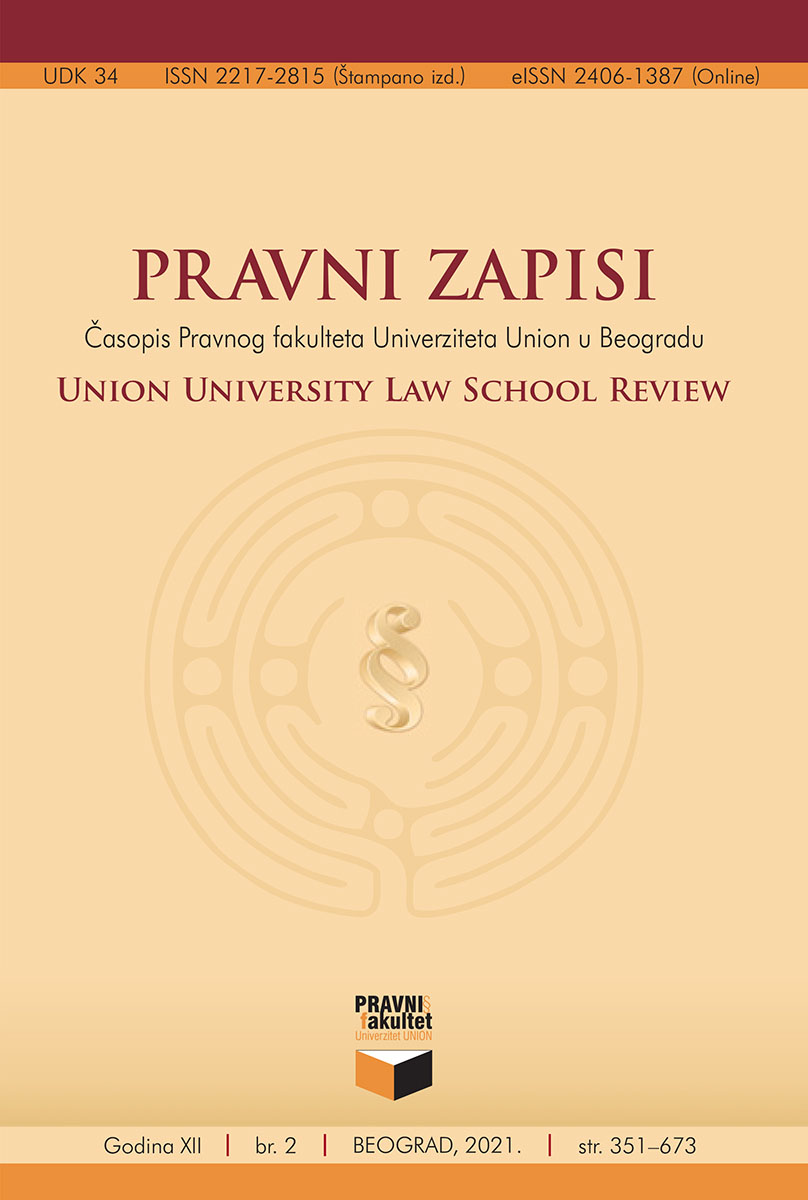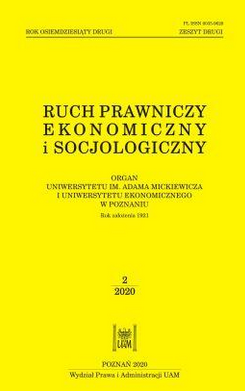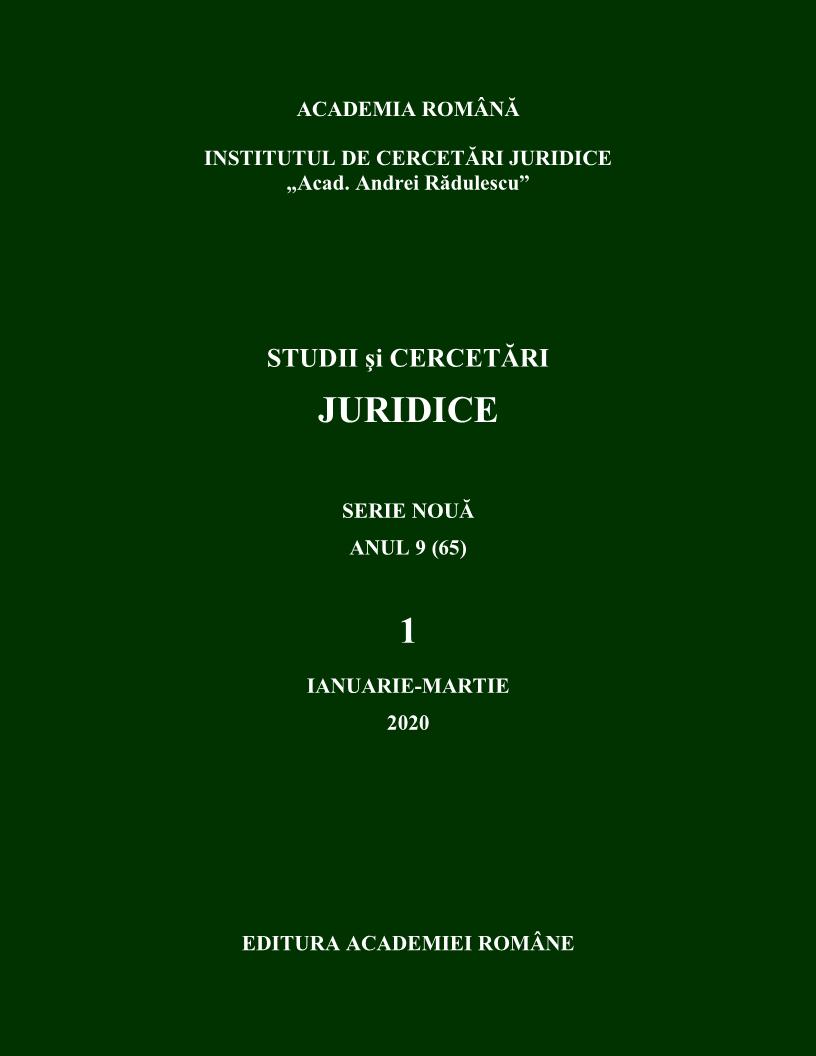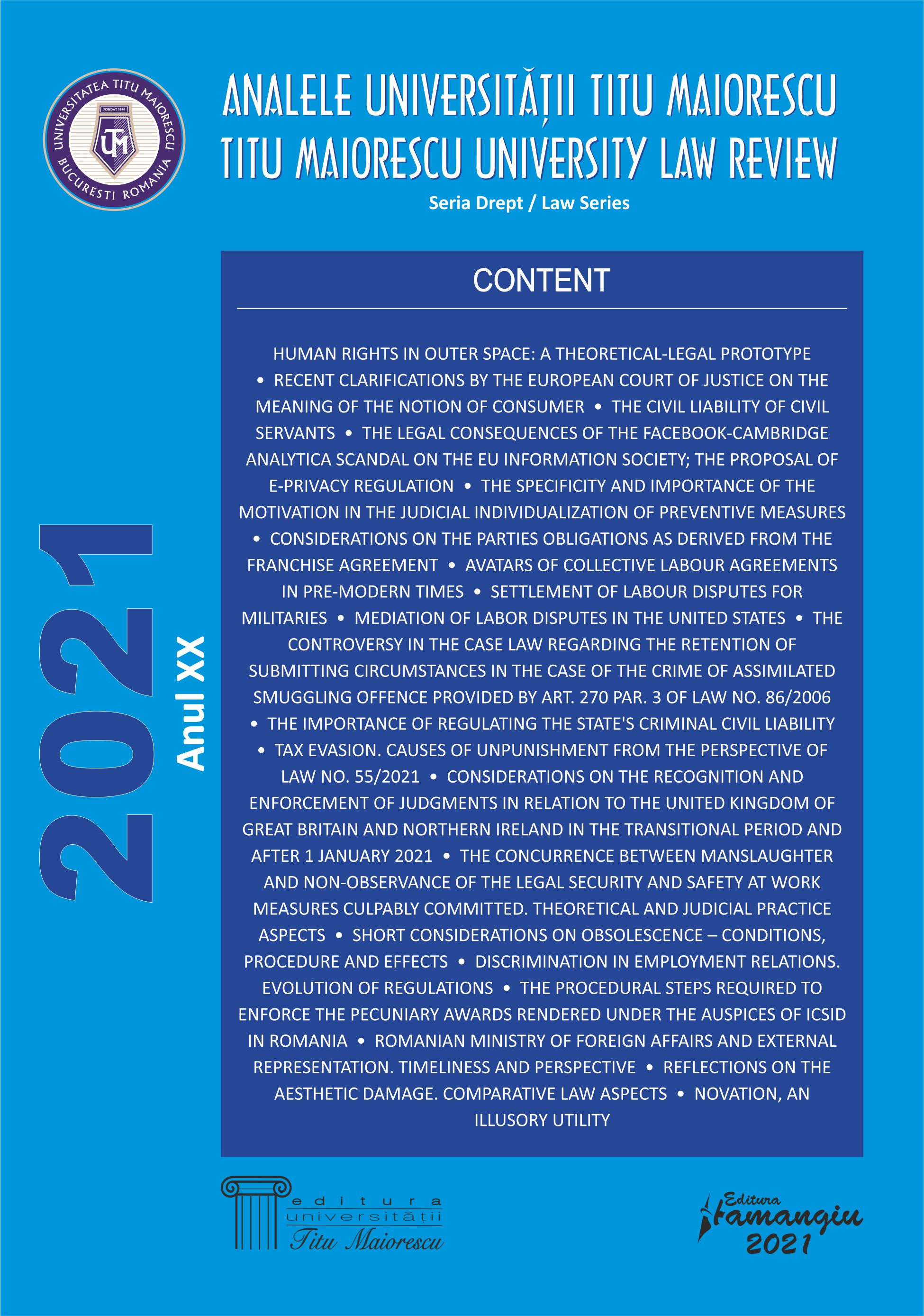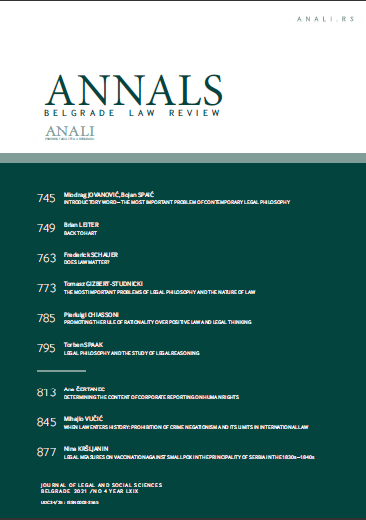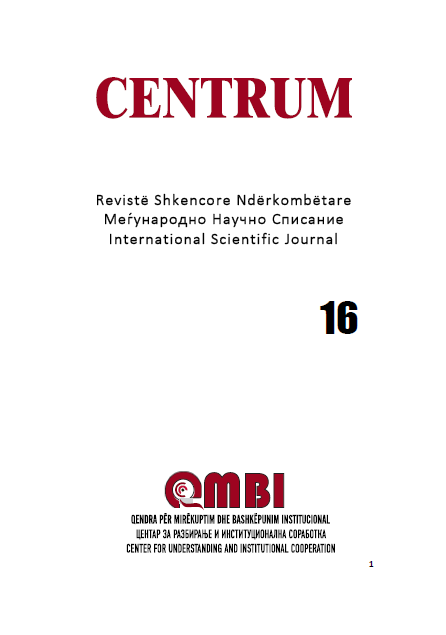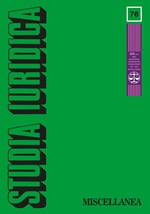
New technologies or new human rights: the right to a government by humans and the right to one’s own thoughts?
The rapid development of information and communication technology has made it imperative that new human rights be spelled out, to cope with an array of expected threats associated with this process.With artificial intelligence being increasingly put to practical uses, the prospect arises of Man’s becoming more and more AI-dependant in multiple walks of life. This necessitates that a constitutional and international dimension be imparted to a right that stipulates that key state-level decisions impacting human condition, life and freedom must be made by humans, not automated systems or other AI contraptions. But if artificial intelligence were to make decisions, then it should be properly equipped with value-based criteria.The culture of abdication of privacy protection may breed consent to the creation and practical use of technologies capable to penetrate an individual consciousness without his or her consent. Evidence based on such thought interference must be barred from court proceedings. Everyone’s right to intellectual identity and integrity, the right to one’s thoughts being free from technological interference, is as essential for the survival of the democratic system as the right to privacy – and it may well prove equally endangered.
More...
